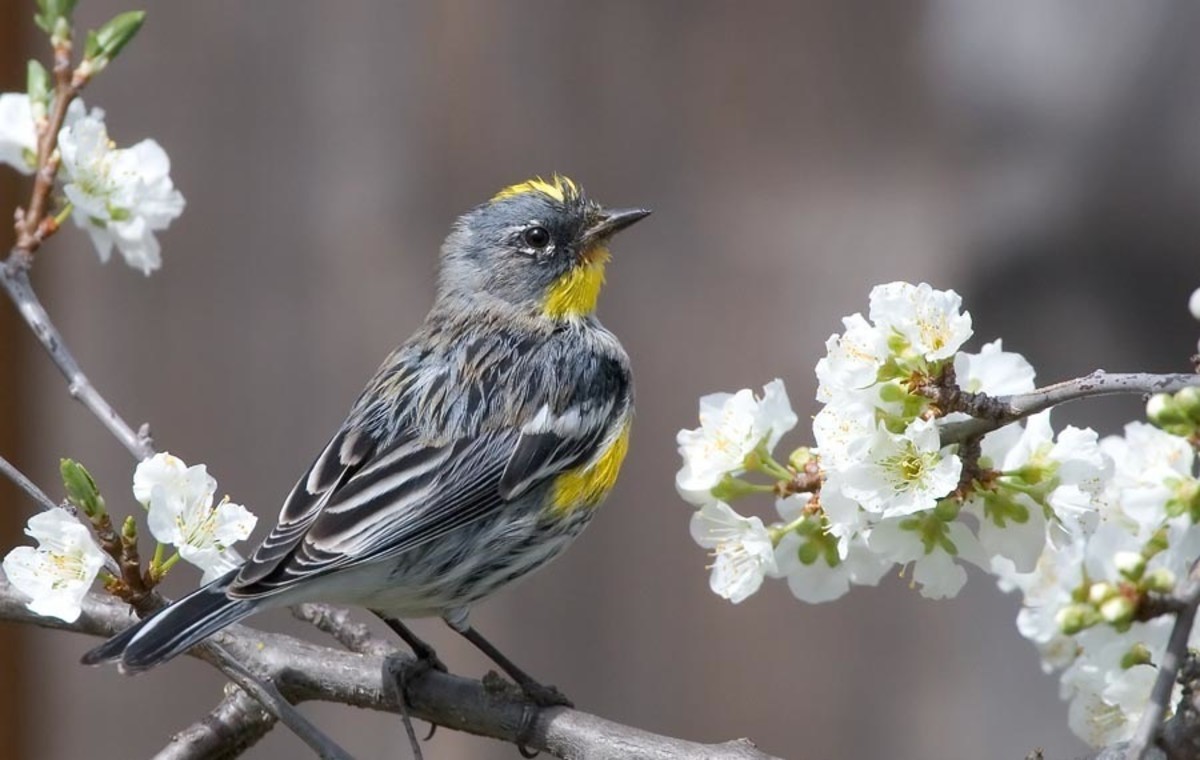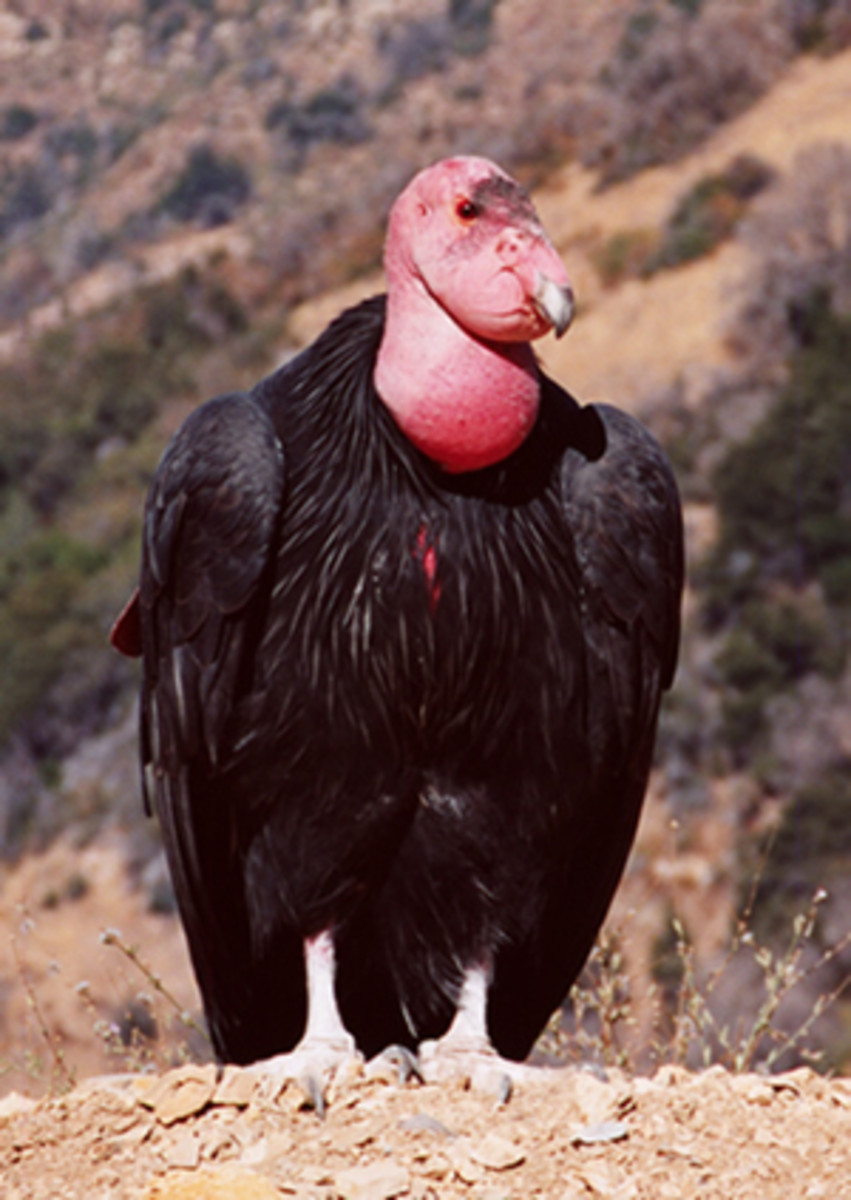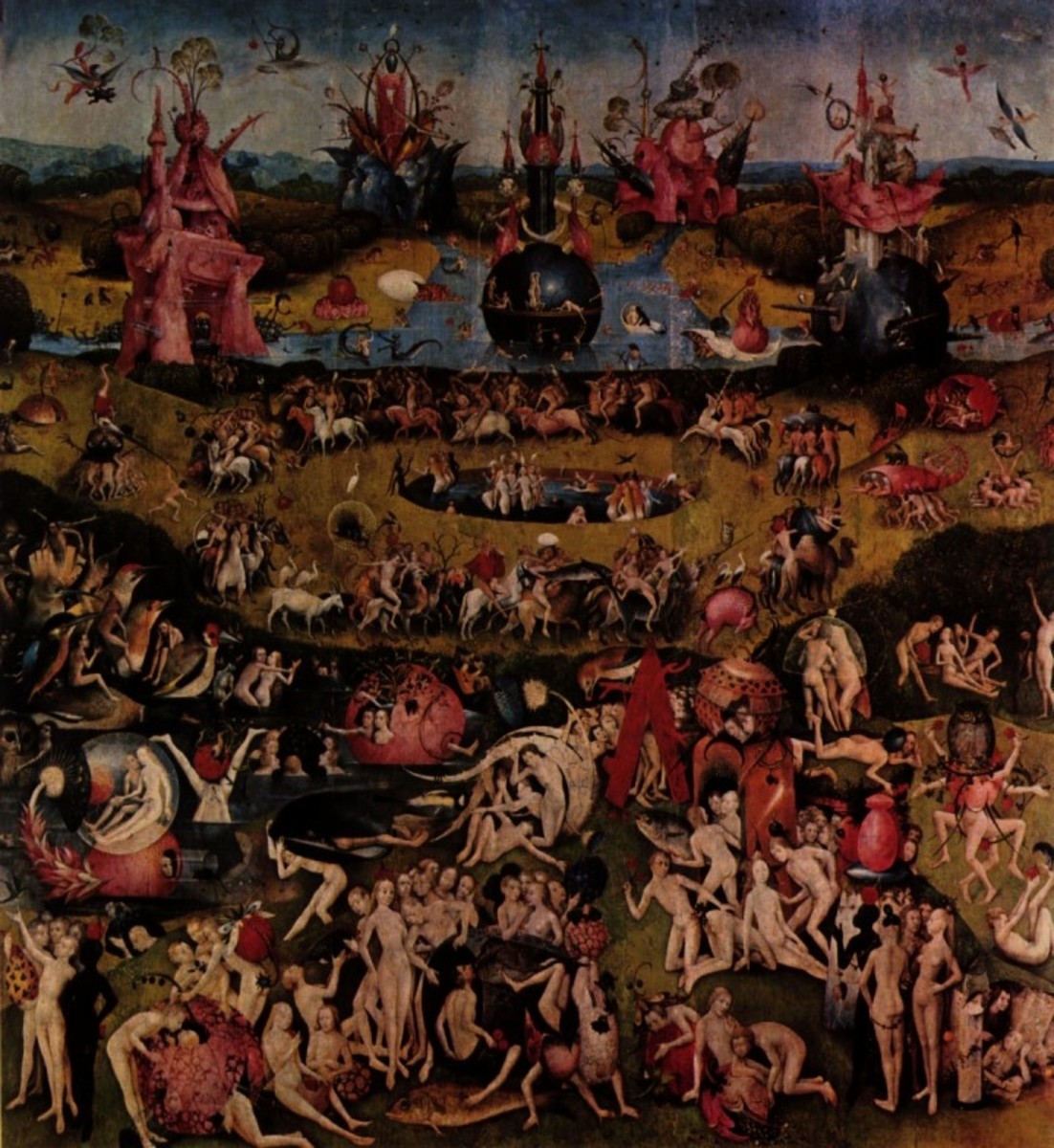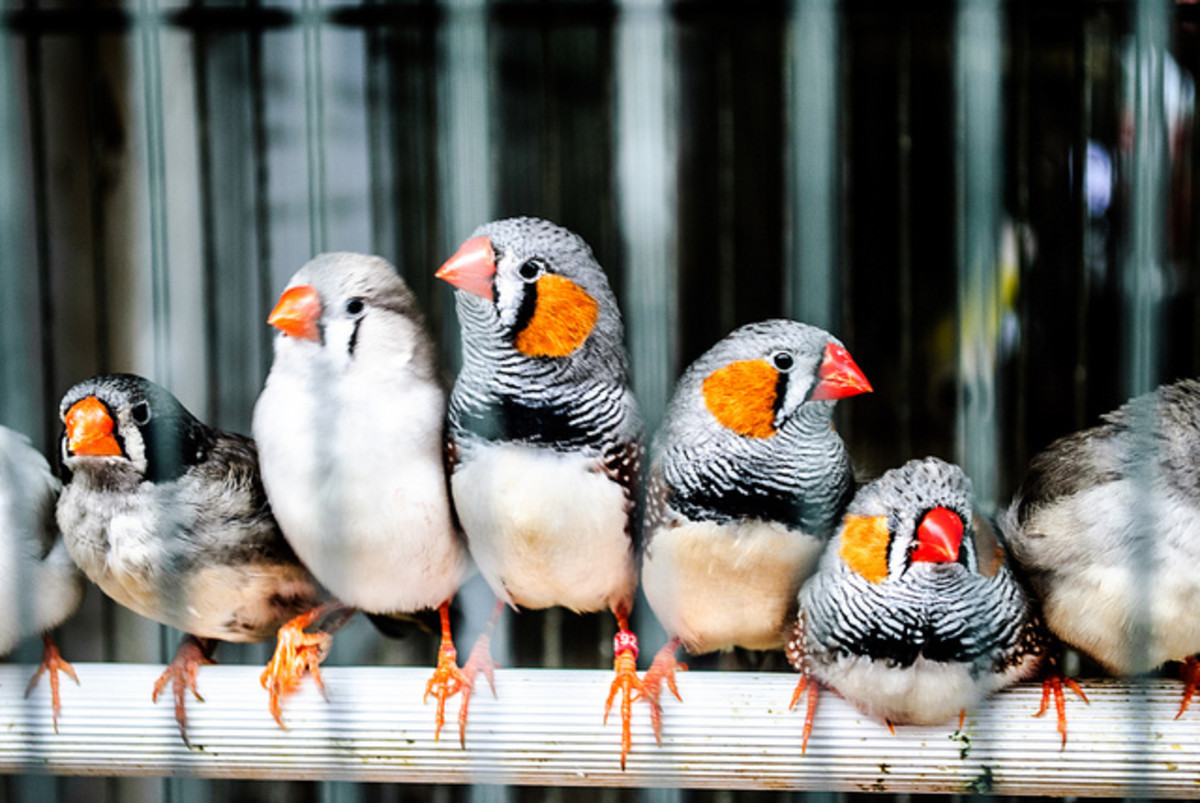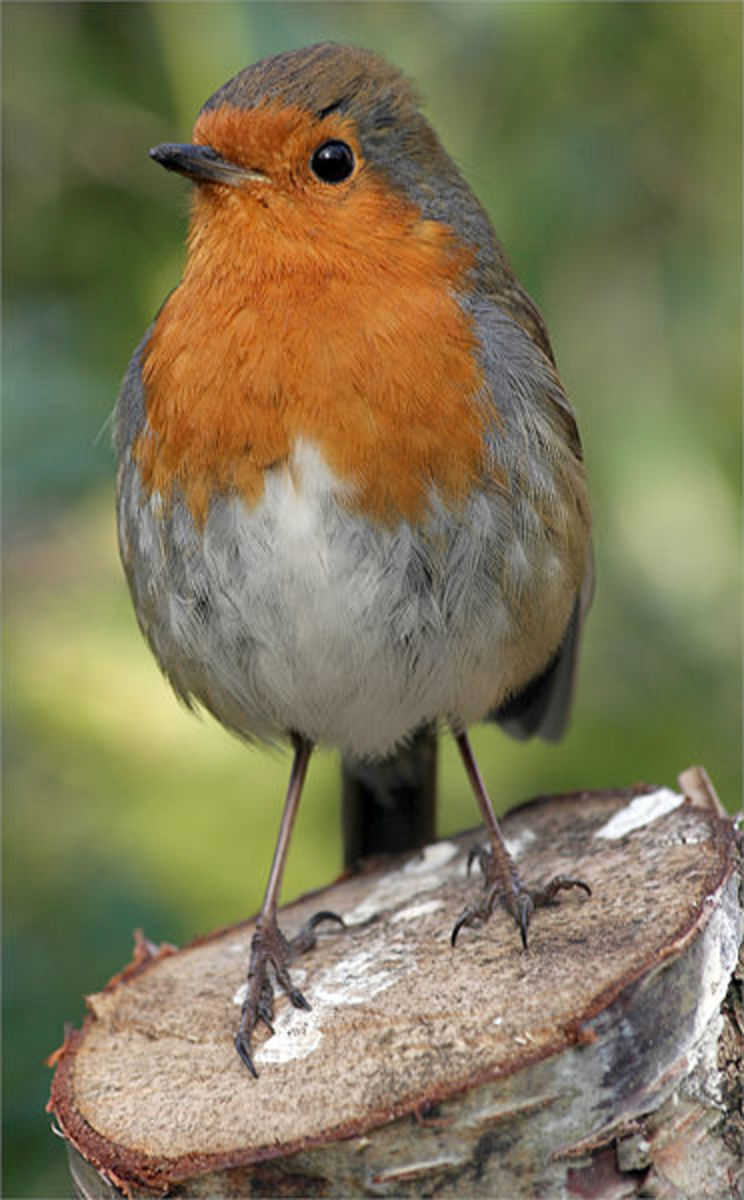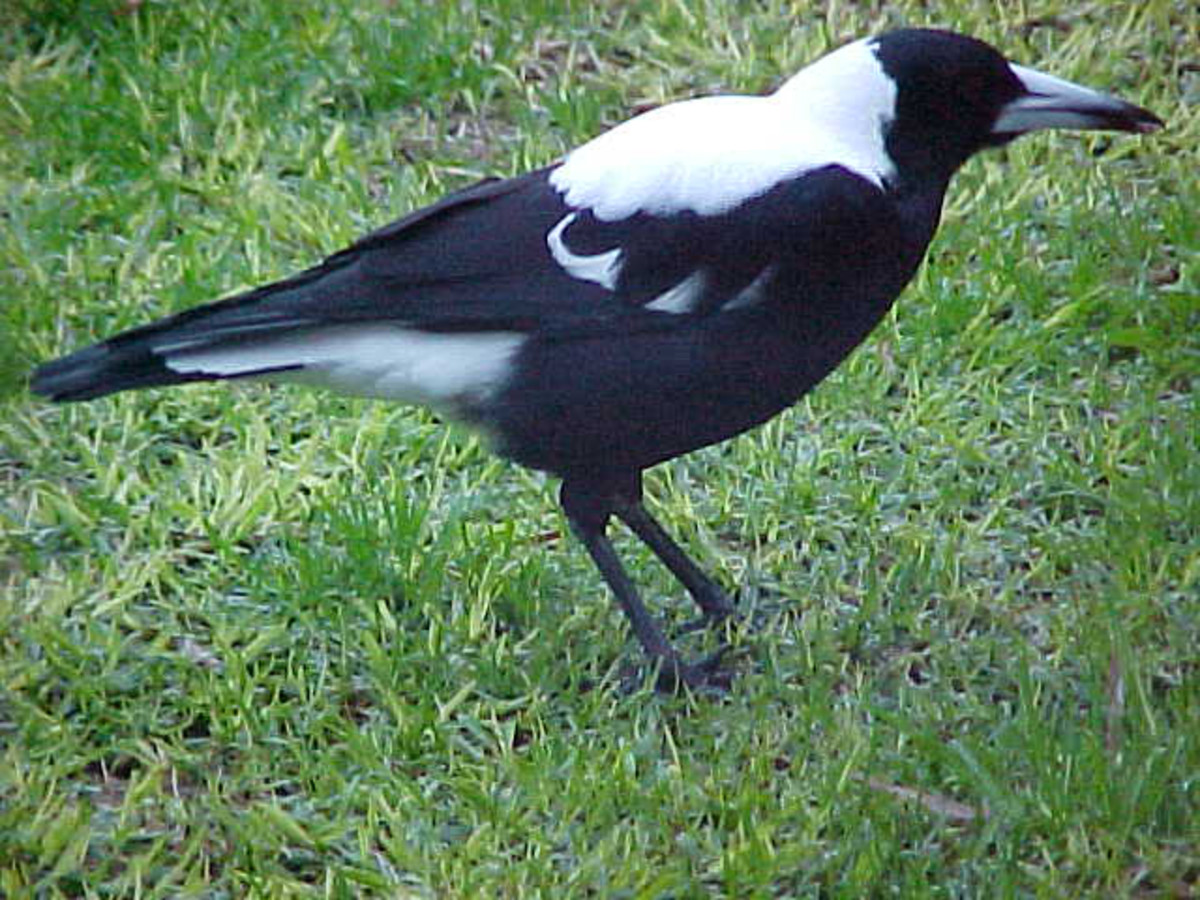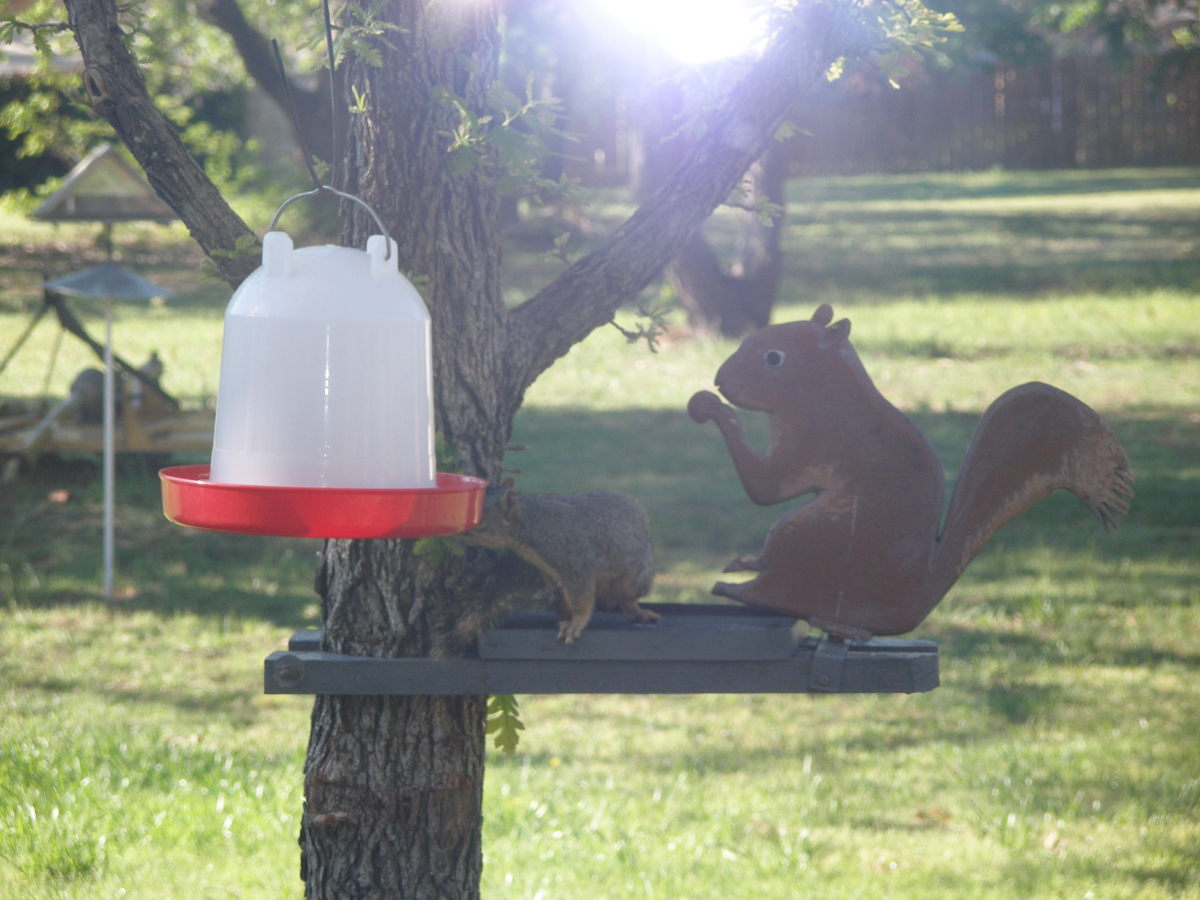How Many Birds Have Been Lost in 50 Years
Meadowlark bird of North America
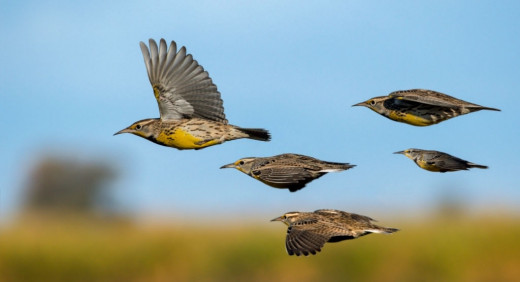
Various species of birds have been under threat for the last several decades and many species of birds have become extinct. But so far no account has been made of the exact number of birds lost.
Finally, a statistic came out! The study was published in the journal Science and Nature, Science, and Biological Conservation. According to the statistics of this study, 3 billion birds have been lost from the earth in the last 50 years. 1 out of every 3 birds has become extinct.
The highest number of bird extinctions occurred in Asia and the United States, the study said. About 30 percent of birds have been lost in the United States since the 1970s.
American Bird Conservation Agency and Colonel Lab scientist. Ken Rosenberg was the lead researcher on this study. Marshall, a Ph.D. student at Manchester Metropolitan University, and Peter Mara, a biologist at Georgetown University in Washington, D.C., also took part in the study.
How did 300 million birds get lost?
According to a survey of birds in North America, human activities are responsible for the extinction of birds.
The main researcher of this study said. "This is the first time such a large-scale survey of birds has been conducted," said Ken Rosenberg.
In an interview with the BBC, he said: "We realized that some rare species of birds were disappearing. But the birds that we usually see locally, such as the meadowlark, the American sparrow, are accustomed to being close to humans. They can adapt to the civic environment that sustains human life. So we thought they would not be easily lost. "
"But in the last 50 years since 1980, when we conducted a survey of bird populations, we found that even these common birds are slowly disappearing."
In North America and Canada, they follow a strange method of counting birds, monitoring their movements - weather radar. In addition to the movement of the clouds and the wind, the movement of any heavy object is also caught on the radar. From here, they keep track of the movement of birds, excluding the calculation of clouds and wind. From these statistics, they found that from 2006 to 2016, the number of birds has decreased by 14 percent.
While conducting research, they found that the population of 529 species of birds is slowly declining.
North American sparrow
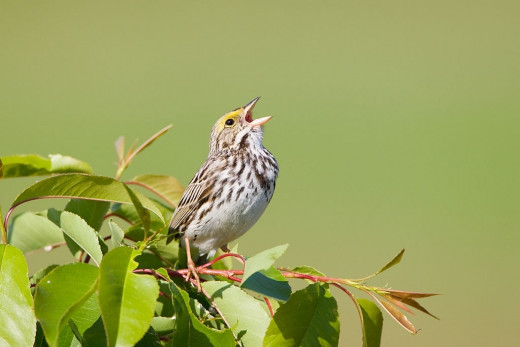
He said that deforestation is one of the reasons. Lack of forest means that bird habitats are being destroyed. And even if the birds of one region want to, they cannot fly to any country with different climates and take shelter. As a result, these birds are inevitably dying.
In North America, cats are eaten by millions of birds every year. Many birds die every year when speeding cars collide with windshields and multi-story buildings.
Similarly, birds are disappearing in other parts of the world. The study also revealed the reasons why so many birds were lost from Asia. In this case, what is happening in Indonesia is shocking.
Singing bird business
The bird trade is one of the reasons for the extinction of birds in Asia. The study found that a huge number of birds have been lost from the Indonesian island of Java. The researchers found that singing birds were kept in cages for their melodious voices. The island of Java now has more caged birds than forests.
In an interview with the BBC. "In 2016, we conducted a survey of this business," Rosenberg said. According to the survey, more than 12 species of birds have become extinct due to this bird trade alone.
No, they are not just kept in cages. But what are you thinking? Every year a strange competition is organized in Java. Where the birds sing and call in front of the judges. This bird song competition is called ‘Kikau-Mania’. The winner of this competition is the bird with the most melodious voice, which can bring its owner more than 40,000 pounds.
Researchers believe that this bird-catching culture is leading to the extinction of bird species.
Harry Marshall, another lead researcher on the study, said: “This multi-million dollar business is vital to the Indonesian economy. So the demand is huge. And to supply the demand, the trend of selling birds in the market is increasing day by day. Hundreds of birds are regularly sold in the market, more than 200 species of birds.
Another major researcher in this study is Marshall, a Ph.D. student at Manchester Metropolitan University. Marshall conducted a survey of birds on the island of Java for this study. During the survey, he visited 3,000 homes on the island of Java and found unimaginable information. In these 3 thousand houses, he saw 75 million, which means 7 and a half crore caged birds!
He speculates that the island of Java now has more caged birds than forest birds.
What can be done to deal with this situation?
Scientists are still seeing the light of hope. They are hoping that these results will move our minds, maybe we humans will be a little more aware.
They think we can still get out of this situation if we want to.
Peter Mara, a biologist at Georgetown University in Washington, said, "3 billion birds! The number is like pushing. Our biodiversity is under threat. Now is the time to be aware. '
Stuart Marsden, a professor at Manchester Metropolitan University, told the BBC: "People are catching so many birds because they love birds. It is possible to get out of this situation only if this love for birds can be used in a positive way and can be used for a better future. ”
As an example. Rosenberg said duck hunters in the United States and Canada once noticed that the number of aquatic birds was declining. They later raised millions of dollars to save the wetlands.
That could be a model. In this way, one-day bird lovers will save the birds.
But it's not just bird lovers, it's time for all of us to come forward. If we all become aware, work together, correct our own mistakes - but one day the situation will surely change. The forests of the island of Java will be filled with the chirping of birds again. They will fly in the open sky, not in cages.
© 2020 Ridwan Ahammed Rana

